Movies
The Extremist Culture Of Extreme Boycotting And Why Should We Care?
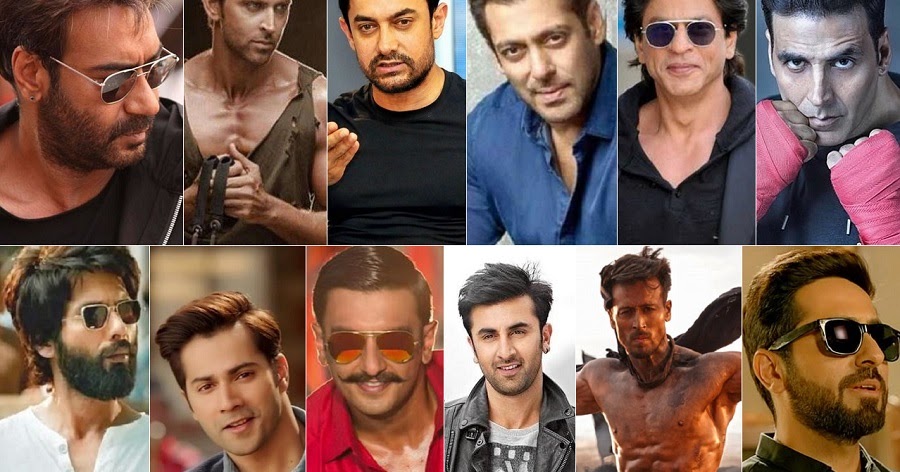
Film boycotting movements have made us question the intolerant nature of the nation. Let’s deep dive into what effect it has and why it matters?
Who isn’t aware of the famous Besharam Rang controversy? The Shahrukh Khan and Deepika Padukone starrer film released its first song, Besharam Rang on 12th December. In the music video, the duo can be seen dancing on a beach. Some people found themselves outraged by the color of clothes, which Deepika Padukone wore in a particular scene of the song. Soon after the song’s release, hashtags like #Boycottpathaan were trending.”Social media is often driven by a narrowness of view making it divisive and destructive. Cinema brings to the fore humanity’s immense capacity for compassion, unity and brotherhood,” is what Shahrukh Khan responded with amidst the ongoing controversy. If you log in to your Twitter account once in a while, you must be aware of all the boycotting and anger people show over insignificant things. Whether it’s a movie, a book, advertisement or even a person, no one is spared from this phenomenon. Being outraged by things has become more prevalent than ever in India but where did it all begin and why does it matter?
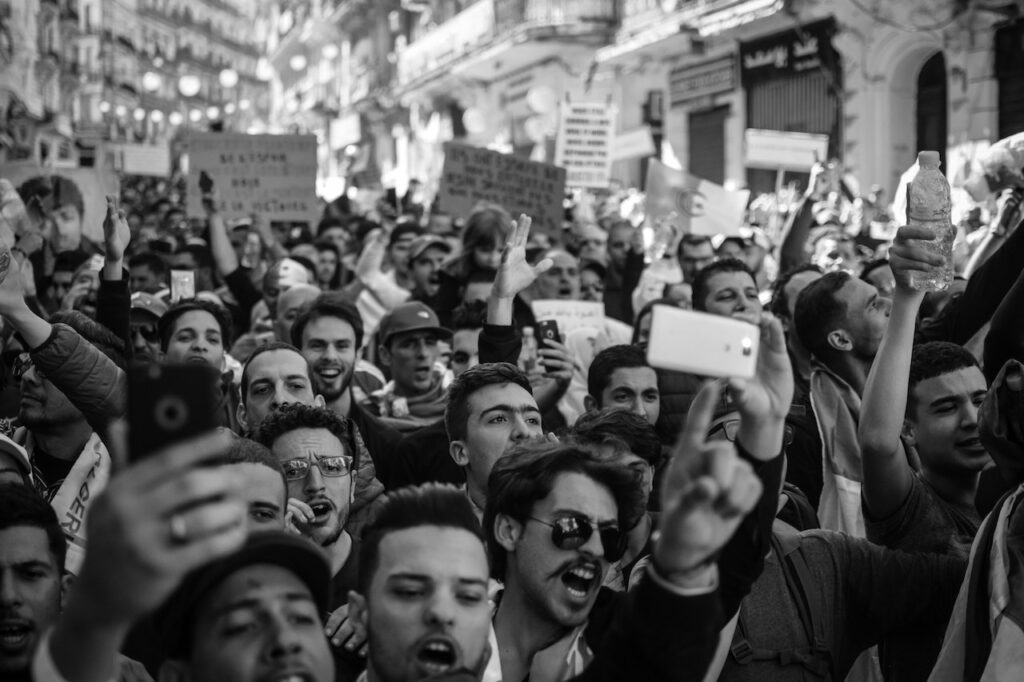
Where did it all begin?
The culture of “Boycotting” started in Ireland around the 1880s. Charles Cunningham was a British land tax collector whose tyrannical ways of doing things got him in trouble. Farmers and peasants rose against him and started the moment of Charles Cunningham Boycott and hence we got the word. Since then, a lot of movements have used the term to show their resistance. One example of it can be Mahatma Gandhi’s civil disobedience moment that United people against an authoritarian regime.
The contemporary India
While boycott culture has helped as an effective tool of expression historically, the wide spectrum of it has become haunting for Indian Cinema today. As intolerance in the country is on rise, using the word “boycott” has become more prevalent than ever. Not long ago, we saw how people were urging on social media to avoid watching Brahmastra as the movie supports nepotism and hurts religious sentiments. The internet was split into two after the release of the film. The first group claimed that the film couldn’t draw enough crowd and others claimed that it had. Since the film industry has always been notoriously opaque about the profit and losses, understanding the box office numbers is not an easy affair. But let’s be honest, we have seen a number of movies finding themselves in controversy last year which includes, Akshay Kumar’s Raksha Bandhan and Samrat Prithviraj, Aamir Khan’s Forrest Gump remake “Laal Singh Chaddha, Vijay Deverakonda’s Liger, Kangana Ranaut’s, Dhakad, Anurag Kashyap’s Dobaaraa and the list goes on. Films have been subjected to moral policing before but the trend seems to have risen in recent years.
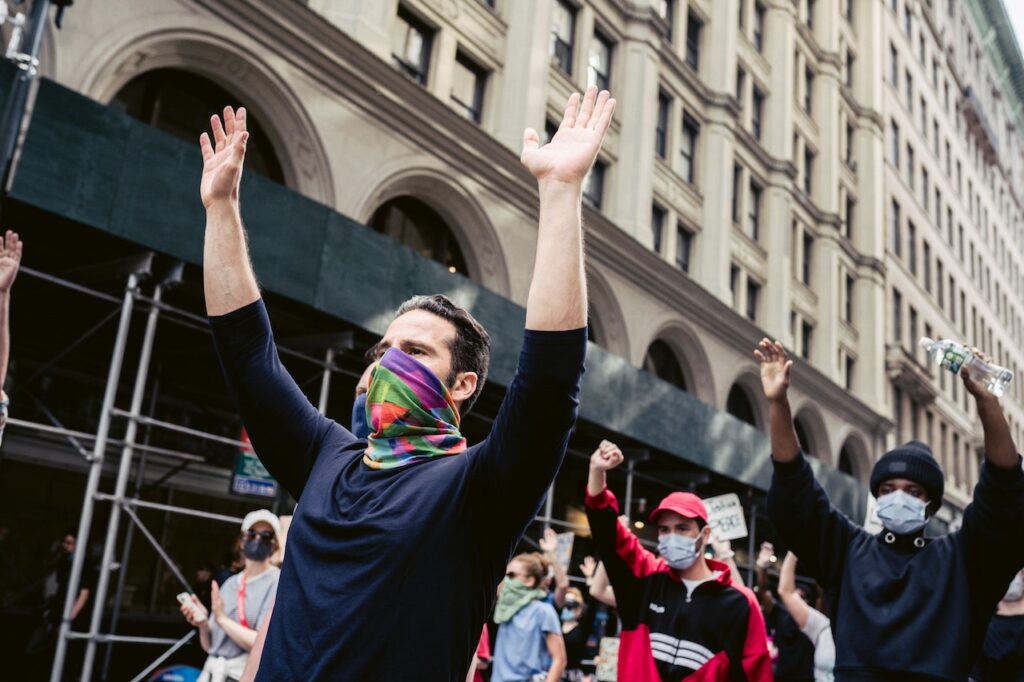
Why does it matter?
After everything we have seen happening so far, we witnessed a culture of intolerance and extremism gaining momentum in the past decade. How we use the internet and technology has taken a drastic shift over the past decade and changed how we connect and interact with each other. Most of these boycotting trends originate from extremism, intolerance, hate and misinformation which itself is a problem. Most of the time these campaigns are fired up by communalist, jingoistic, and misogynistic opinions and they do have the potential to shape perception of people who are being influenced by them. If we talk about the evolution of cinema in India, we have come a long way and tried hard to watch this industry experiment a little more but if intolerance is allowed to prevail, we doubt if we will get to see much experimentation in future.
Apart from this, if we take the sheer size of the industry into consideration, the stakes are high. India produces over 2000 movies annually which makes it one of the largest entertainment hubs in the world. The Indian entertainment and media industry is expected to reach a revenue of Rs. 4.3 trillion by 2026, according to a recent PwC report.
The numbers are high and so are the risks, the rise of intolerance and boycott culture in Bollywood are sure to affect the films made in India. The factor of risk can make producers question their budgets which will ultimately be compromising with the quality of content and jobs in the industry. And a lot of people who directly or indirectly rely on this industry will be affected by any drastic change.
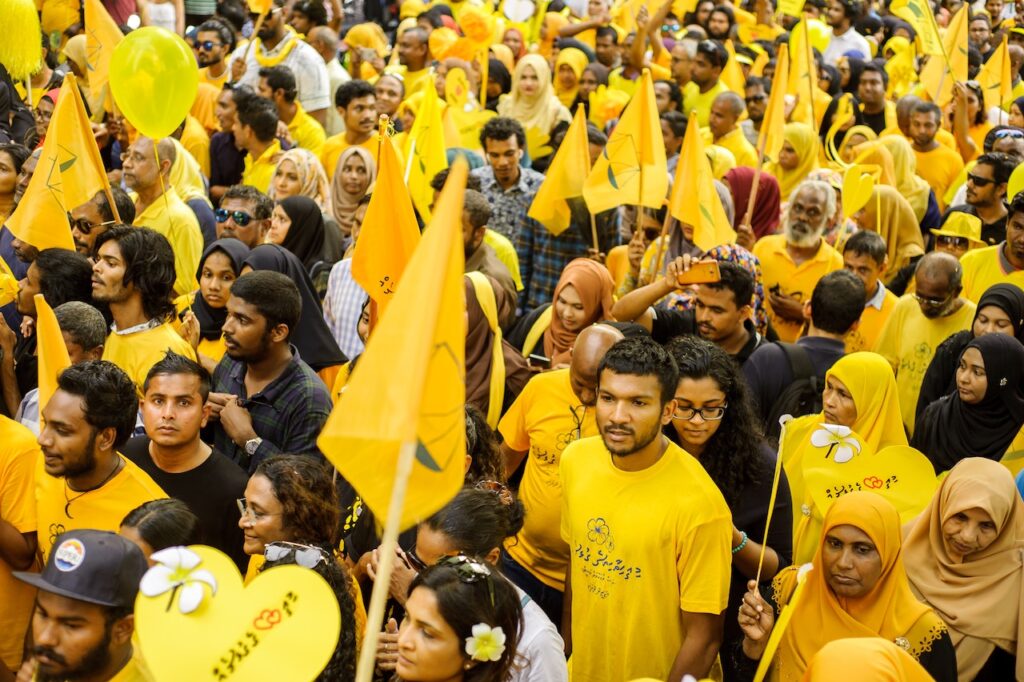
What else matters?
The nature and effect of these protests are quite difficult to understand. Some movies did really well at the box office despite the extreme boycotting and the hashtags trending against them. Such movies include recent releases like Pathaan and Brahmastra. If we talk about movies that didn’t do well like Aamir Khan’s “Laal Singh Chaddha”, the film concept was weak to begin with.
We can conclude that the audience is going more after the quality content and such consumers, to some extent, are unbothered by the extremist reviews. But these boycott trends do help them in getting free publicity. Apart from this, going to movie theaters has become a really expensive affair these days and that could be the reason why the theaters are often facing losses.
On the occasion of Cinema day when tickets at cheap prices were offered, the crowd that we saw at theaters was in blown numbers and thus, we can say that part of the reason why people are not preferring to sit in theaters is economic. For many people out there, getting an OTT subscription seems much more economical.
As we mentioned above, these trends often have communalist and misogynistic roots and that can impact the culture on a bigger level if it prevails. The whole entertainment industry is trying to stand up again after the heavy losses it has been through during the pandemic but things are not looking easy amidst this hostile environment.
Also Read – BBC documentary “India: The Modi Question.”
References – https://en.wikipedia.org/wiki/Boycott
Business
France’s Reckoning With Ultra-Fast Fashion: Why Shein Is at the Center of a Larger Conversation?

There appears to be a quiet yet undeniable shift underway in how nations are beginning to reckon with the fashion industry, particularly the segment that thrives on speed, relentless volume, and the seductive promise of impossibly low prices. In 2025, France has emerged as one of the first major economies to confront this hyper-accelerated model head-on, not merely by issuing fines or launching investigations, but by challenging the very system that enables it. At the center of this reckoning stands Shein, the Chinese retail juggernaut that has become synonymous with algorithm-driven production. Yet, what makes this moment in France especially significant is not only the legal action being taken against a single company, it is the broader cultural and ethical inquiry being posed. With growing urgency, the country seems to be asking whether we can continue to dress ourselves at this breakneck pace, cloaked in convenience and novelty, without confronting the environmental, human, and psychological costs that are too often obscured by polished interfaces.
€40 Million Fine for Misleading Practices
In July 2025, France’s Directorate General for Competition, Consumer Affairs and Fraud Control (DGCCRF), the country’s principal consumer protection authority, levied a €40 million fine against Shein, marking one of the most high-profile regulatory actions yet against a fast fashion giant. The fine followed an extensive investigation conducted between October 2022 and August 2023, which uncovered a pattern of misleading business practices at the centre of Shein’s digital storefront. More than half of the discounts promoted on its website were found to be deceptive, offering no tangible benefit to the consumer, while others relied on inflated original prices to manufacture the illusion of savings. Even more concerning to regulators were the company’s sustainability claims: bold assurances of a 25% reduction in greenhouse gas emissions and microfiber pollution were, as the DGCCRF concluded, entirely unsubstantiated and unsupported by verifiable data. Though Shein, through its European subsidiary Infinite Style Ecommerce Co Ltd (ISEL), accepted the penalty and claimed to have implemented corrective measures by May 2023, the underlying message from French authorities rang louder than any corporate statement.

Proposed Legislation Signals a Larger Shift
While the €40 million fine made headlines, it represents just one facet of the mounting scrutiny Shein now faces in France. In June 2025, the French Senate took a more structural approach by passing a groundbreaking bill that, if enacted, could fundamentally alter the way ultra-fast fashion brands operate within the country. At the centre of this proposed legislation is an eco-contribution tax. The bill also lays out stringent new requirements for sustainability reporting, alongside tough advertising regulations that aim to limit visibility for brands that fail to meet clear environmental standards. One of the most notable implications of the legislation lies in its potential to curtail influencer-led marketing strategies, a pillar of customer acquisition for companies like Shein that rely heavily on social media virality and affiliate promotions. Although advocacy groups have raised concerns about a perceived disparity in how European retailers, including Zara and H&M, are being treated under the same regulatory lens, the passage of this bill signals something deeper. It reflects a growing legislative will to confront not just the ecological toll of ultra-fast fashion, but also its broader cultural, ethical, and economic footprint, raising the question of whether the era of unchecked consumerism is nearing its limits.
The Environmental Impact Can’t Be Ignored
One of the driving forces behind the intensified scrutiny Shein now faces lies in the sheer scale of its environmental impact, an impact that reflects not only the brand’s rapid growth but also the systemic problems embedded within the ultra-fast fashion model. The fashion industry as a whole is already responsible for an estimated 10 percent of global carbon emissions, and Shein’s contribution to that figure is anything but marginal. In parallel, French authorities have flagged more than 700 Shein products for failing to adequately disclose environmental risks, particularly those related to microfiber pollution which is an increasingly urgent concern as microplastics continue to infiltrate aquatic ecosystems and public water systems. Beyond environmental violations, the company also remains entangled in serious allegations of labor abuses, including reported connections to forced labor in China’s Xinjiang region, which have only amplified the demand for a more enforceable supply chain transparency. Taken together, these issues have not only galvanized French regulators but are also prompting broader conversations across the European Union about whether the time has come to rein in the unchecked dominance of platforms that have long operated at the intersection of convenience, opacity, and cost-cutting excess.
EU Expands Regulatory Focus on Digital Fashion Platforms
The regulatory pressure mounting against Shein is no longer confined to France alone. The company is now being closely scrutinized at the European level, where its practices are being examined under the framework of the European Union’s Digital Services Act (DSA). In July, French Trade Minister Véronique Louwagie confirmed that formal investigations had been initiated to determine whether Shein is deploying so-called “dark patterns”. These tactics, while not always illegal, are increasingly seen as ethically questionable, especially when used at the scale and speed that Shein commands. The European Commission has already expressed concern over misleading pricing strategies and a general lack of transparency in the platform’s operations, signaling that the company may soon face regulatory consequences that extend well beyond French jurisdiction. What initially began as a case rooted in consumer rights has turned into a far-reaching conversation about digital ethics, platform accountability, and the environmental consequences of unchecked e-commerce, placing Shein at the center of a growing movement to hold digital-first fashion retailers to a higher standard of responsibility.
The Reaction: Divided but Loud
The public reaction to France’s regulatory moves against Shein has been swift, impassioned, and divided, reflecting the complexity of the issues at hand. Many people have welcomed the measures as a long-overdue reckoning for a fashion industry that has long operated in the shadows of overproduction, exploitative labor practices, and environmentally damaging shortcuts. For these voices, the crackdown represents a necessary step toward holding global retailers accountable for the true cost of low-cost fashion. Yet, not everyone sees it that way. Critics of the legislation have expressed concern that such regulations could disproportionately affect low-income consumers, many of whom turn to platforms like Shein for affordable access to clothing and personal expression. Through this lens, Shein can attempt to shift the conversation toward themes of economic inclusion and consumer freedom, portraying itself as a platform that democratizes fashion rather than undermines it. At its core, the debate is about far more than a single company. It is a larger tug-of-war between the urgent need for accountability and the equally pressing question of affordability.
Why This Matters
France’s actions in 2025 are not merely a response to the conduct of a single company but represent a deeper interrogation of the values, compromises, and contradictions that lie at the heart of the global fashion industry. When a country with as much cultural and political influence as France begins to layer financial penalties, proposed eco-taxes, advertising restrictions, and cross-border regulatory cooperation into a cohesive strategy, it signals more than just regulatory intent. It marks the beginning of a broader shift in how we understand fashion’s role in society. The question now is whether brands like Shein will evolve in response to this changing situation or attempt to maintain their dominance through speed, affordability, and mass appeal alone. Just as importantly, it remains to be seen how consumers will react when asked to look beyond the immediate gratification of the checkout page and confront the realities of where, how, and at what cost their garments are made. France may not bring the era of ultra-fast fashion to a halt overnight. But it may well be laying the groundwork for something more enduring.
Also Read: Your Wardrobe Might Be Reflecting a Recession
Follow us for more : Dis_cultured
Events
The Most Memorable Highlights from the 2025 Academy Awards

Surprises, Stunning Wins, and Emotional Tributes – The 2025 Oscars Had It All. Catch Up with All the Highlights.
The 2025 Academy Awards, held on March 2 at the Dolby Theatre in Hollywood, was a night of triumphs and surprises that had the attention of audiences worldwide. Hosted by Conan O’Brien, the event was lively, full of humor, and celebrated the diversity and creativity of cinema from all around the world. This year’s ceremony stood out for its focus on inclusivity and representation, highlighting the growing diversity and global reach of the film industry. It was also about recognizing talent and stories from across the globe, signaling a shift in how the Academy values the changing trends in filmmaking.
Historic Wins for Anora

The evening’s biggest winner was undoubtedly Anora, an indie film that took home five Oscars, including the coveted Best Picture. Sean Baker’s direction was celebrated with a Best Director win, making him only the second person in history to win four individual Oscars in a single night, joining the ranks of Walt Disney. But the film’s success didn’t end there—Mikey Madison, portraying a sex worker entangled with a Russian oligarch’s son, secured Best Actress. At just 25, Madison made history as the ninth youngest actress to win the prestigious award. The triumph of Anora was a testament to its sweeping storytelling, captivating performances, and fresh perspective in filmmaking.
Zoë Saldaña and Paul Tazewell Breaking Barriers
The night also saw a series of groundbreaking wins that reflected Hollywood’s ongoing push for inclusivity and diversity. Zoë Saldaña made history as the first American of Dominican descent to win Best Supporting Actress for her role in Emilia Pérez. Saldaña’s win was not only a recognition of her immense talent but also an important milestone for the representation of marginalized voices in the film industry.
Meanwhile, Paul Tazewell took home Best Costume Design for his work on Wicked. Tazewell became the first Black man to ever win in this category, making a significant mark on the history of the Academy Awards.
Adrien Brody’s Second Oscar Win

Another highlight of the evening was Adrien Brody, who secured Best Actor for his performance in The Brutalist. Brody’s win, marking his second Oscar, was well-deserved after delivering a deeply compelling and nuanced performance. His emotional portrayal in the film left a lasting impact on both critics and audiences, making his victory one of the night’s most celebrated moments in the acting categories.
A Heartfelt Musical Tribute by Ariana Grande and Cynthia Erivo

The musical performances were another standout feature of the night. Ariana Grande and Cynthia Erivo took the stage for a touching tribute to Los Angeles, which was recovering from the devastating wildfires. Their renditions of Somewhere Over the Rainbow and Defying Gravity left the audience in awe, showcasing the emotional power of music and its ability to unite and heal. It was a heartfelt moment that reminded everyone of the strength of the city and the spirit of resilience.
Adam Sandler’s Quirky Fashion Moment
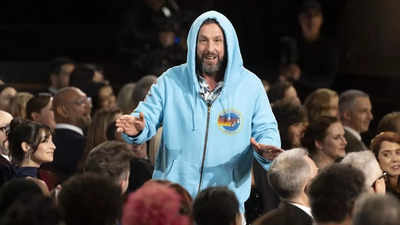
In true Oscar tradition, the night wasn’t without its lighthearted moments. Adam Sandler became the talk of social media when he showed up to the ceremony in gym shorts. Conan O’Brien couldn’t resist poking fun at Sandler’s unconventional choice, adding humor to the event. The quirky fashion moment quickly became a viral topic, sparking discussions about casual red carpet looks and how even the most unexpected outfits can become part of the Oscar narrative.
Controversies and Unexpected Upsets
Not everything went smoothly, though. The night also saw some controversies that added an extra layer of drama to the proceedings. One of the most talked-about moments occurred when Iranian co-director Hossein Molayemi interrupted his partner, Shirin Sohani, during their acceptance speech for Best Animated Short Film for In the Shadow of the Cypress. Molayemi’s actions were met with backlash on social media, with many criticizing him for overshadowing Sohani’s moment. The ceremony also saw a surprising upset in the Best Actress category when Demi Moore, who was widely favored to win for her role in The Substance, lost out to Mikey Madison. This unexpected loss left many questioning the voting choices and added to the evening’s fair share of shocking moments.
Despite the controversies, the 2025 Oscars will undoubtedly be remembered as a night that reflected both the changing tides of the industry and the enduring power of film.
Also Read: Weekly Pop Culture Recap: Microsoft to discontinue Skype by May, Best Highlights from the Milan Fashion Week
Follow us for more @Discultured
Events
Weekly Pop Culture Recap: Talkworthy Highlights from the 82nd Golden Globes Awards, Disney’s Merger with FuboTV and Much More
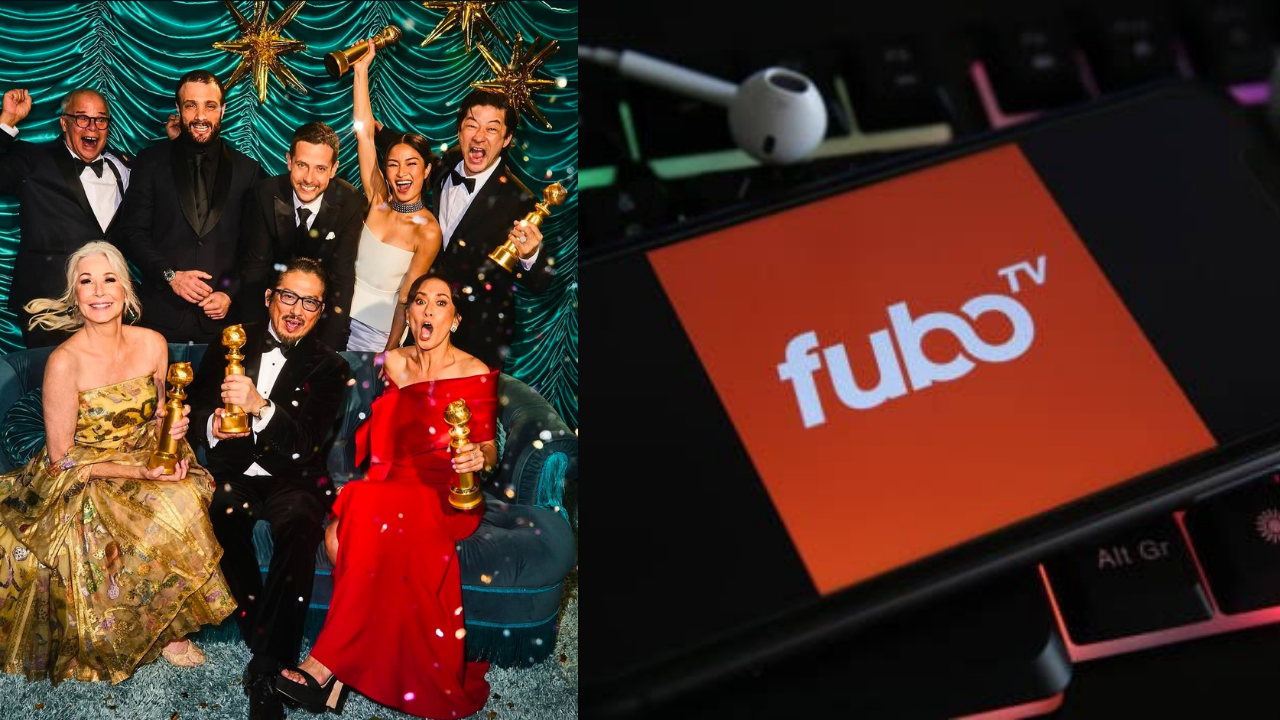
Read on as we break down the biggest pop culture moments you don’t want to miss.
Pop culture has a way of keeping us on our toes, doesn’t it? Every week, there’s something new to talk about—whether it’s a jaw-dropping red-carpet moment, a groundbreaking announcement, or just a story that makes you stop and think. It’s what keeps our group chats buzzing and our feeds endlessly scrollable. Read on as we unpack the most buzzworthy highlights of the week.
The 82nd Golden Globe Awards
The 82nd Golden Globe Awards, held on January 5, 2025, at The Beverly Hilton in Los Angeles, was a night to remember, hosted by Nikki Glaser. One of the most significant moments of the night was Karla Sofía Gascón, who made history as the first trans nominee in a Golden Globe 2025 Screen Actors Guild Awards in a solo category. She was nominated for Best Actress in a leading role for her role in Emilia Pérez.
Another highlight came from Demi Moore, who won Best Actress in a Motion Picture for her role in The Substance. During her speech, she shared a personal story about a time in her career when a producer told her she was just a “popcorn actress,” which made her doubt herself. Despite facing those challenges, she found new inspiration through The Substance, describing the script as “magical” and “bold.” It was a powerful and emotional moment for Demi, marking a triumphant return to the spotlight.
Seems like the peplum style, popular in the 2010s, is also making a return. Celebrities like Rihanna, Harry Styles, Florence Pugh, and Kate Middleton have been spotted wearing peplum designs. At the 82nd Golden Globes, stars such as Cynthia Erivo and Anna Sawai showcased this trend, signaling its resurgence. While some millennials express mixed feelings about its return, others appreciate its flattering effect on various body types.
Family Guy” Returns to Adult Swim:
After a hiatus, “Family Guy” reruns have returned to Adult Swim for the first time since 2021. This follows a non-exclusive deal for the rights to older episodes, bringing the beloved animated series back to its original late-night home.
Disney and FuboTV Merger:
Disney has agreed to merge Hulu + Live TV with FuboTV, aiming to enhance their streaming offerings. This merger is expected to provide subscribers with a more comprehensive and diverse range of content, consolidating their streaming services under one umbrella.
The Tamil film, “Maharaja” Gains Unexpected Popularity in China
Mahraja, starring Vijay Sethupathi, has unexpectedly become a hit in China. The Tamil film’s emotional storyline, centered around a father-daughter relationship, has resonated with Chinese audiences. Its success marks a rare achievement for a South Indian film in the international market, showcasing the global appeal of its narrative and Vijay Sethupathi’s performance.
Also Read: Emerging Fashion Designers India Contest Season 2 Put Budding Talent in the Spotlight
Follow us for more – @Dis_cultured
-

 Beauty9 months ago
Beauty9 months agoKaftans: The New Festive Staple Taking Over Indian Wardrobes
-

 Events4 months ago
Events4 months agoThe Most Memorable Highlights from the 2025 Academy Awards
-

 Fashion8 months ago
Fashion8 months agoThe NOU Walk Of Life : New Talk of Town in Luxury Footwear
-
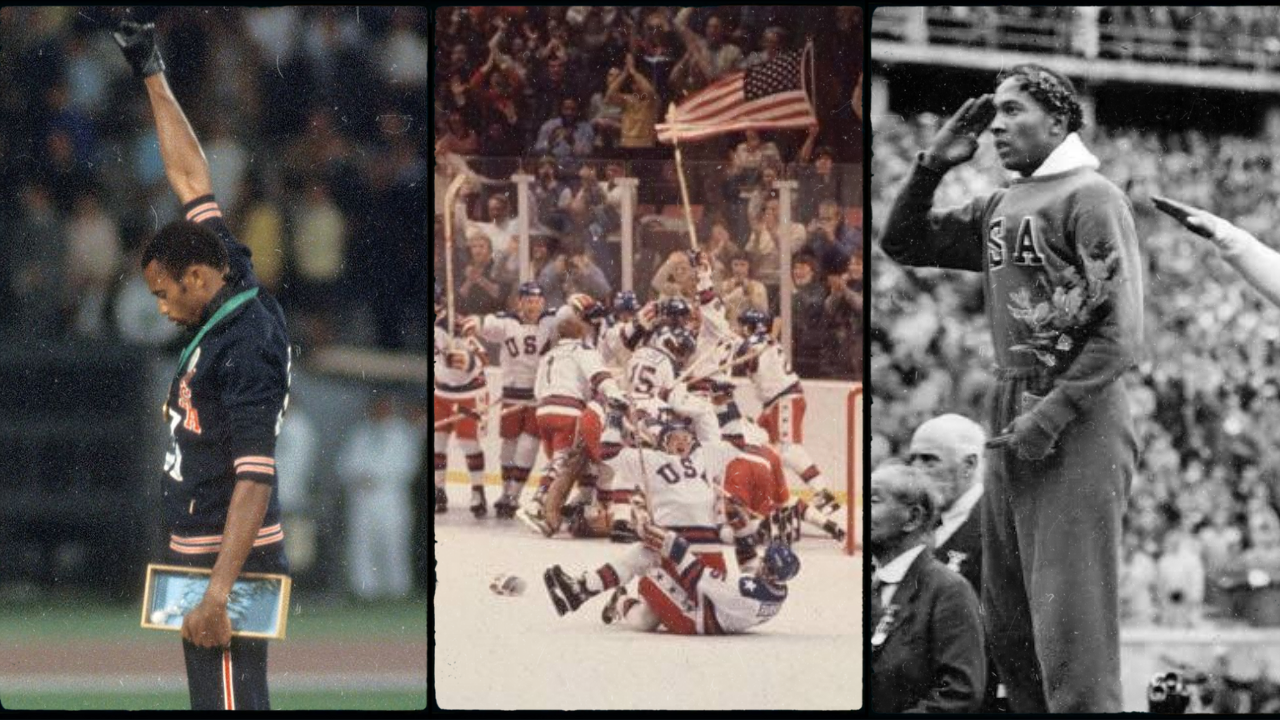
 Events11 months ago
Events11 months agoRevisiting some of the Most Iconic Moments in the History of the Olympics!
-
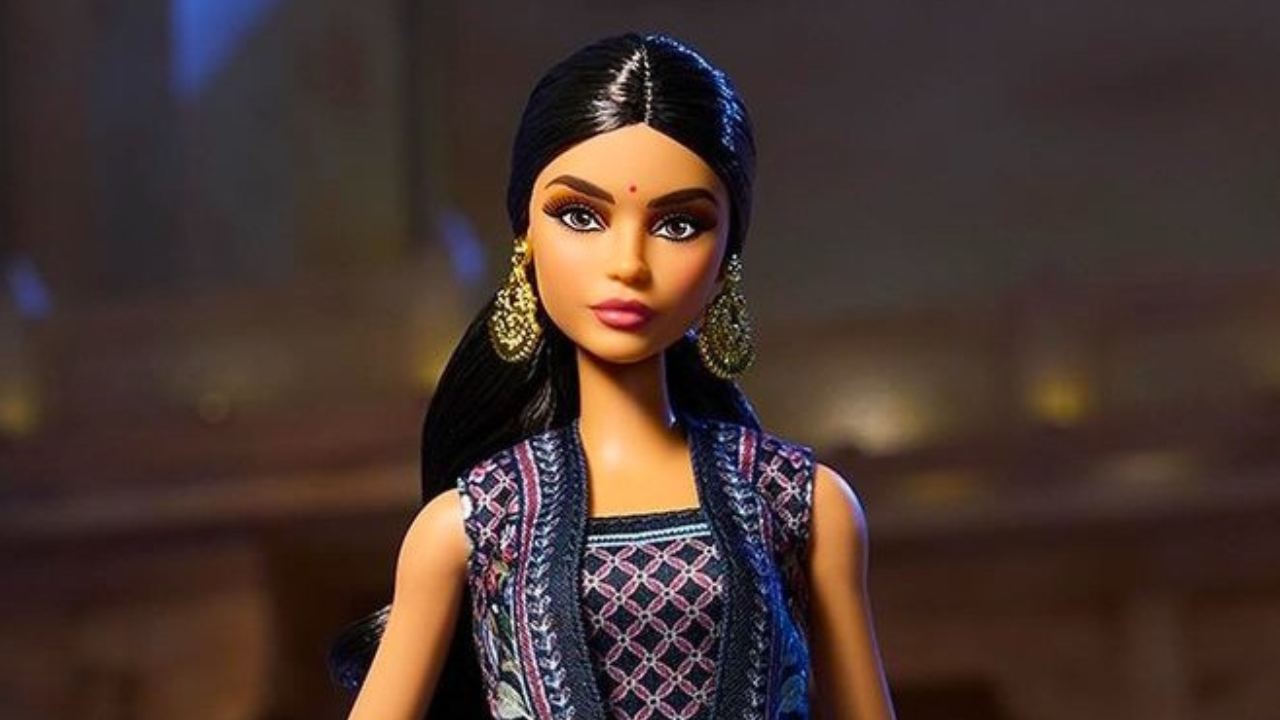
 Pop Culture9 months ago
Pop Culture9 months agoWhy We Need Representation in Toys: The Case for Diwali Barbie and Beyond
-

 Fashion3 months ago
Fashion3 months agoYour Wardrobe Might Be Reflecting a Recession
-

 Events8 months ago
Events8 months agoDorsia, Gurgaon’s One Of The Biggest BYOBs
-

 Events6 months ago
Events6 months agoWeekly Pop Culture Recap: Talkworthy Highlights from the 82nd Golden Globes Awards, Disney’s Merger with FuboTV and Much More

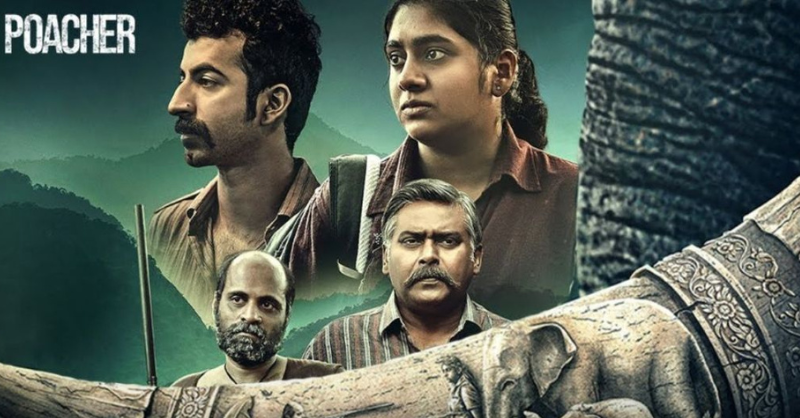
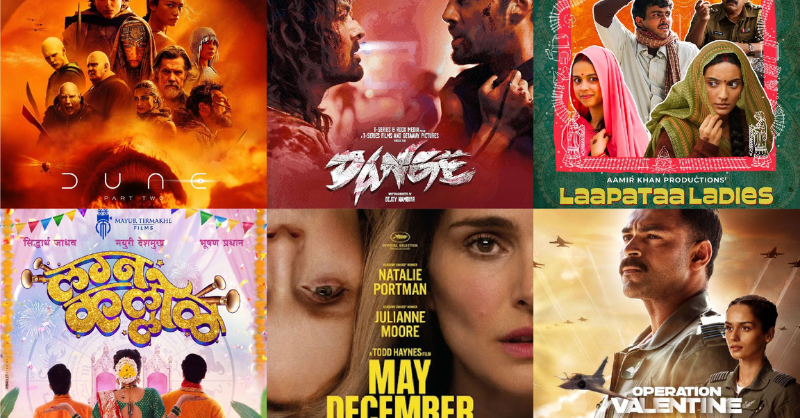
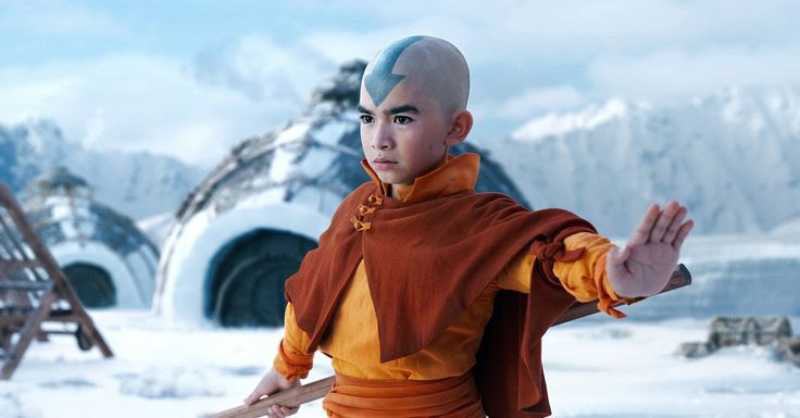
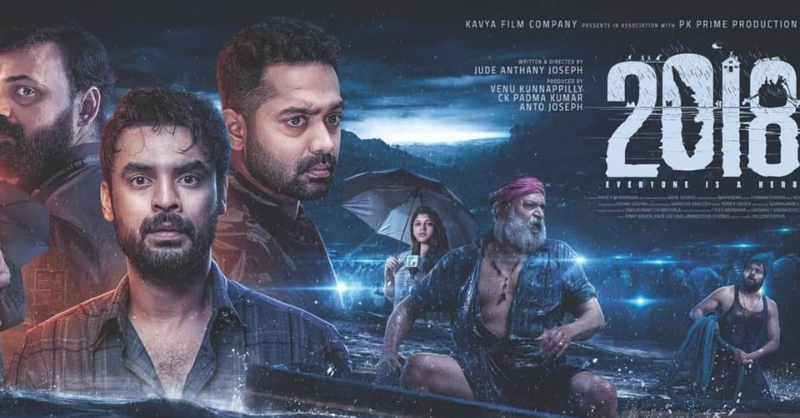

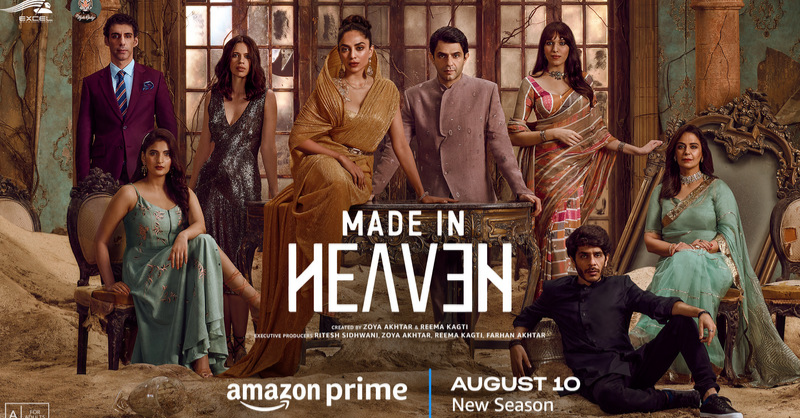










Pingback: Arjun Kapoor's latest release, "Kuttey," may be his last film in Bollywood. - Discultured